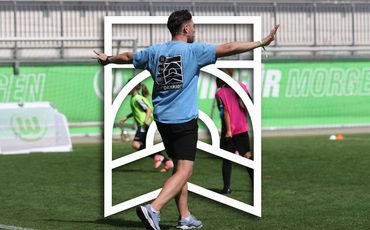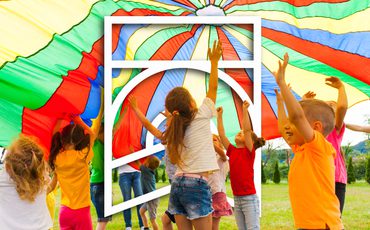Supporting Girls and Female Adolescents in Sport: Preventing Dropout and Enhancing Participation
Girls and adolescent females remain one of the most underserved groups in youth sport. While participation rates have improved in recent years, dropout remains a significant issue. To address this, coaches and sport leaders must adopt strategies that foster inclusion, build confidence, and create environments where girls feel valued and supported.
Creating a Sense of Belonging
One of the most powerful ways to keep girls engaged in sport is by cultivating a strong sense of belonging. This means ensuring each girl feels wanted, valued, and missed when absent. Belonging goes beyond athletic ability—it includes recognising the unique contributions each girl brings to the group. Whether it’s someone who lifts team spirit, motivates others, or helps organise sessions, these roles are just as important as technical skills.
Knowing the Individual
To build this sense of belonging, coaches must take time to understand each participant as a whole person. What are her hopes and fears? What barriers does she face in attending sessions? What does she enjoy most about sport? These insights help coaches tailor their approach and create a more meaningful experience for every girl.
Considering Life Beyond Sport
Girls often juggle multiple priorities—family, friendships, schoolwork, and the challenges of puberty. These factors can heavily influence their ability and motivation to participate in sport. Coaches should be aware of these pressures and respond with empathy. For example, during exam periods, it may be helpful to ease expectations around attendance or intensity. Building in time for socialising can also help girls feel more connected and relaxed.
Practical Coaching Tips
To reduce barriers and promote inclusion, coaches can:
- Avoid sexist language and stereotypes
- Celebrate female role models in sport
- Ensure girls are represented in club visuals and communications
- Create opportunities for social bonding and peer support
- These actions help girls feel seen and respected, reinforcing their sense of belonging and encouraging continued participation.
- Listening and Learning
Ultimately, coaches must commit to ongoing dialogue with their athletes. Girls are experts in their own lives, and their insights are invaluable. By listening, reflecting, and adapting, coaches can improve their practice and better support female adolescents in sport.
Watch the full video below
Comments
Related Pages


